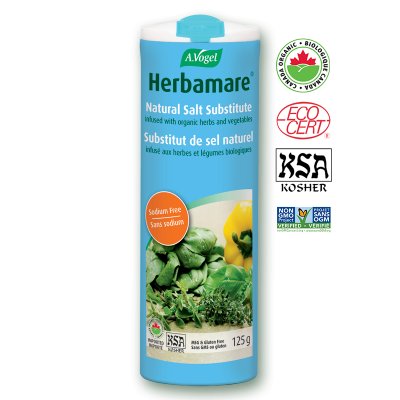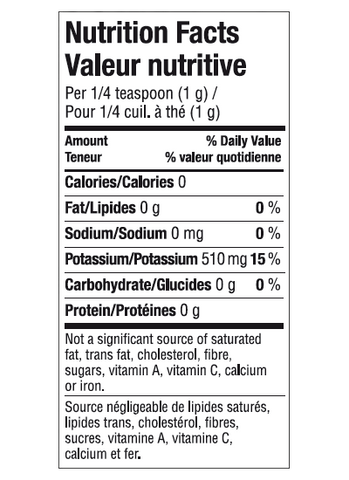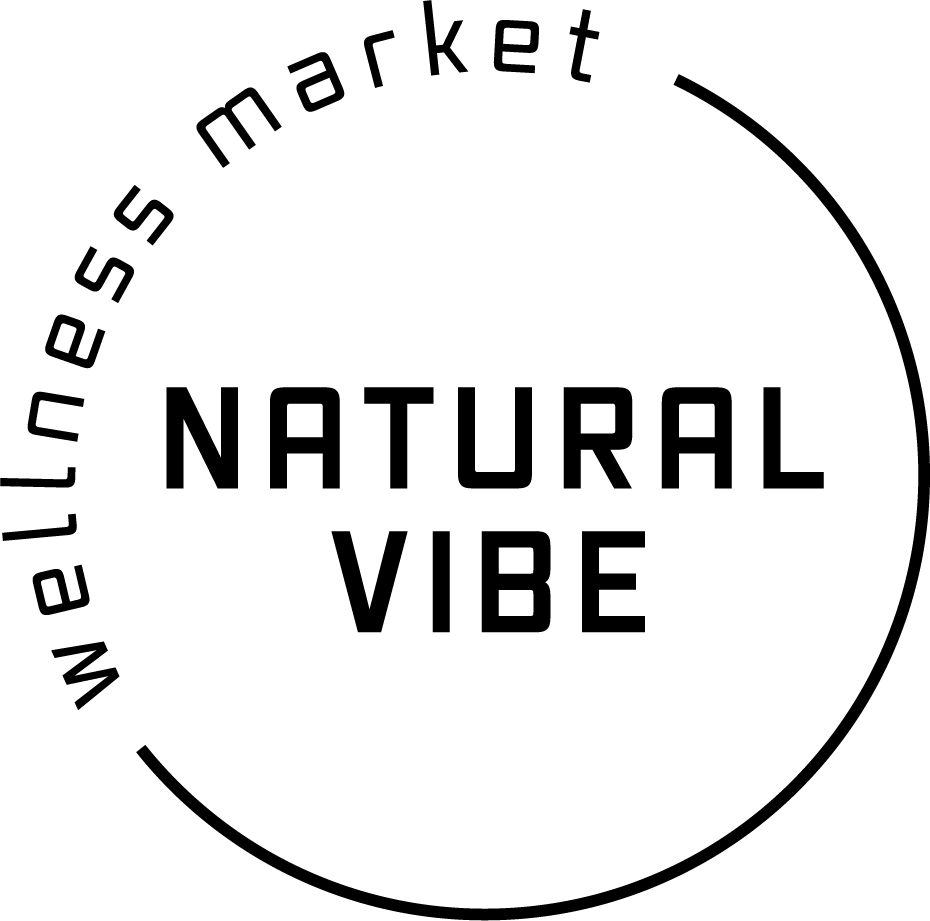Sold out
No Tox Life CASA AGAVE™ Dish & Vegetable Hand Brush
Out of stock
$8.99
This sustainable dish brush is an easy replacement for your plastic dish brushes in the kitchen and home. With a white teakwood handle and medium weight agave fiber bristles, it is ideal for general dish washing.Replaces: Plastic dish brushes. Can be used to wash general dishes as well as to loosen...
customers are viewing this product
This sustainable dish brush is an easy replacement for your plastic dish brushes in the kitchen and home. With a white teakwood handle and medium weight agave fiber bristles, it is ideal for general dish washing.
Replaces: Plastic dish brushes. Can be used to wash general dishes as well as to loosen stuck on food.
For very stuck on food and heavy stains, try our pot scrubber, the plant fiber bristles are stiffer and are better designed to tackle heavier grit.
Multi-purpose: The hand brush can also be used on vegetables that need a good scrub!
Longevity: Each brush can be used for 1-6 months. Do not leave any of the wood parts soaking in water, the wood will absorb water and it will cause the wood to swell and crack. Place in a dry spot after using it. If you find your brush head is not staying dry, dip it in vinegar occasionally to help kill bacteria. The white teakwood is naturally antibacterial but the vinegar will help too.
Watch out for: Some companies have "sustainable" brushes that have plastic bristles. Our handles are wood and our bristles are made out of agave fiber, making this brush 100% compostable. Use with our Dish Washing Block.
Keep in mind that when using our Dish Block®, a soft sponge on most dishes is ideal for best longevity. If you use a hard bristle brush on all dishes, you will wear down the dish block faster than a sponge and might dig a hole in the middle of the block.
End of life: Once worn out, the wood and agave fiber parts can be composted or buried in the garden.
Why it matters: Plastic bristle scrub brushes shed tiny pieces of plastic called micro plastics. Unfortunately these tiny plastic pieces are not filtered out fully by sewage treatment. So when you hear about the "Great Pacific Garbage Patch" the majority of this garbage patch in the Pacific Ocean is actually tiny pieces of plastic that aren't even visible to the human eye. These tiny plastic pieces are being eaten by marine animals and ending up in the food chain, being consumed by humans in sushi restaurants around the globe! And if you're vegan, they are ending up in our tap water too. Help us turn off the plastic tap and choose a more sustainable option for humans and the planet.
Sustainability: For the wood handle, we do not use the species Teak that is endangered, we use a different species called White Teakwood that is very fast growing (similar to bamboo) and even considered a weed in some countries because it grows so fast.
Replaces: Plastic dish brushes. Can be used to wash general dishes as well as to loosen stuck on food.
For very stuck on food and heavy stains, try our pot scrubber, the plant fiber bristles are stiffer and are better designed to tackle heavier grit.
Multi-purpose: The hand brush can also be used on vegetables that need a good scrub!
Longevity: Each brush can be used for 1-6 months. Do not leave any of the wood parts soaking in water, the wood will absorb water and it will cause the wood to swell and crack. Place in a dry spot after using it. If you find your brush head is not staying dry, dip it in vinegar occasionally to help kill bacteria. The white teakwood is naturally antibacterial but the vinegar will help too.
Watch out for: Some companies have "sustainable" brushes that have plastic bristles. Our handles are wood and our bristles are made out of agave fiber, making this brush 100% compostable. Use with our Dish Washing Block.
Keep in mind that when using our Dish Block®, a soft sponge on most dishes is ideal for best longevity. If you use a hard bristle brush on all dishes, you will wear down the dish block faster than a sponge and might dig a hole in the middle of the block.
End of life: Once worn out, the wood and agave fiber parts can be composted or buried in the garden.
Why it matters: Plastic bristle scrub brushes shed tiny pieces of plastic called micro plastics. Unfortunately these tiny plastic pieces are not filtered out fully by sewage treatment. So when you hear about the "Great Pacific Garbage Patch" the majority of this garbage patch in the Pacific Ocean is actually tiny pieces of plastic that aren't even visible to the human eye. These tiny plastic pieces are being eaten by marine animals and ending up in the food chain, being consumed by humans in sushi restaurants around the globe! And if you're vegan, they are ending up in our tap water too. Help us turn off the plastic tap and choose a more sustainable option for humans and the planet.
Sustainability: For the wood handle, we do not use the species Teak that is endangered, we use a different species called White Teakwood that is very fast growing (similar to bamboo) and even considered a weed in some countries because it grows so fast.







